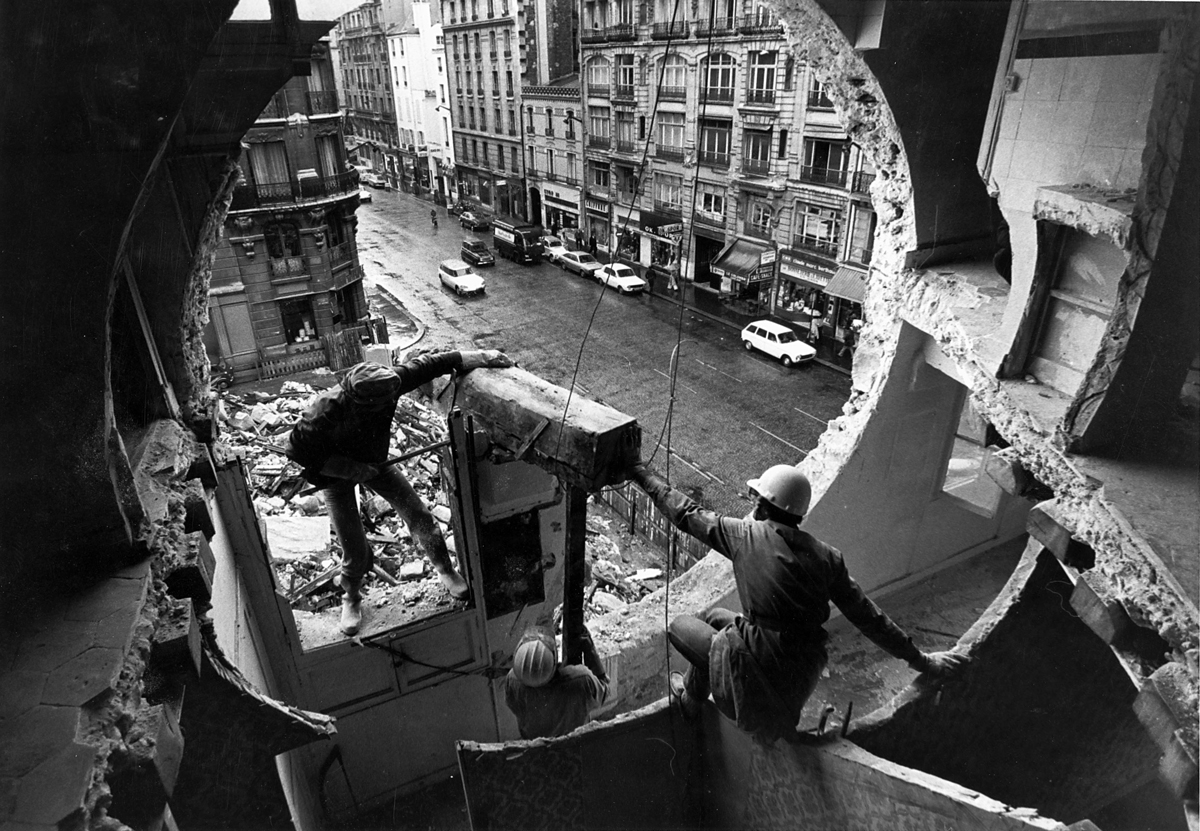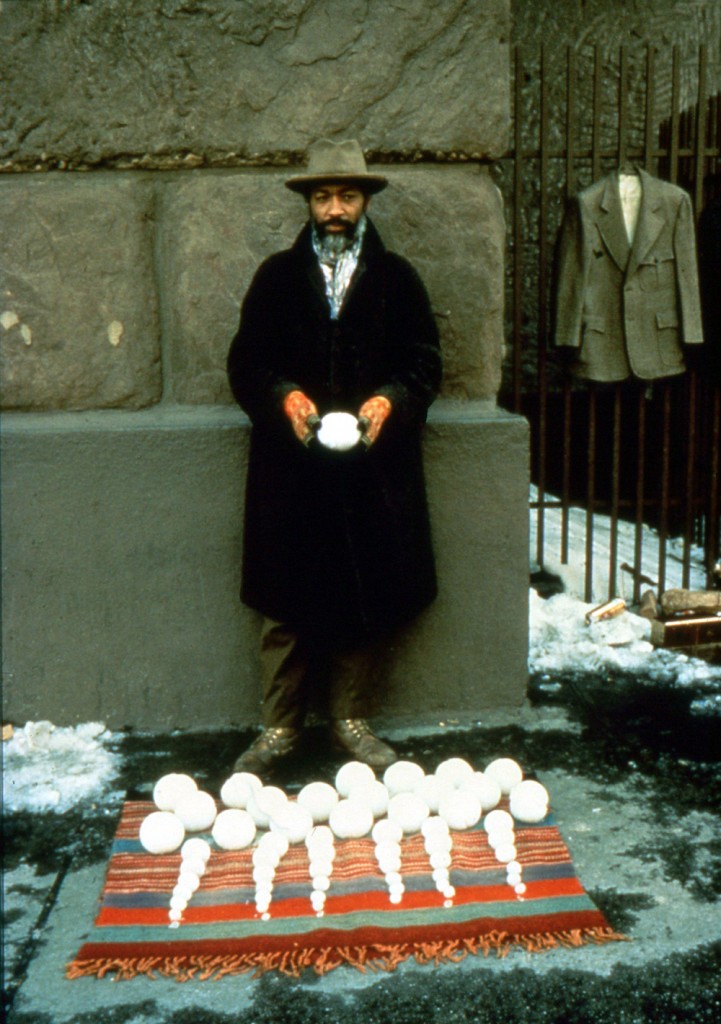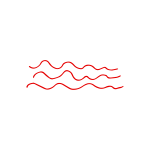
Artists have long sought to use their work to question and reconstruct the urban landscapes that they call home. Today we are inviting you to take part in a series of conversations around how art and creative interventions of the recent past might serve as models for how to reimagine our urban environment today and in the future.
Carleton College’s course Art Since 1945 is a global survey of artistic practices since the Second World War. A central principle of the class is to consider the ways in which art has sought to exit the museum and enter into everyday life in such a way as to fundamentally transform how we interact with the world around us and with others.
 For the Winter 2021 iteration of Art Since 1945, Carleton College will be collaborating with the Mt. Analogue School of Philosophy and Craft, an initiative of Confluence Studio, a Minneapolis-based organization dedicated to community design and neighborhood control of the 9th Ward, on a module for this course entitled, Fate is Kind: Abstraction and Patterning in a Life with Others. One of Mt. Analogue’s goals is to practice a form of co-education that creates space for 9th Ward neighbors and college students to learn alongside one another and to take collective actions that encourage all involved to reflect on what it means to live in common with one another.
For the Winter 2021 iteration of Art Since 1945, Carleton College will be collaborating with the Mt. Analogue School of Philosophy and Craft, an initiative of Confluence Studio, a Minneapolis-based organization dedicated to community design and neighborhood control of the 9th Ward, on a module for this course entitled, Fate is Kind: Abstraction and Patterning in a Life with Others. One of Mt. Analogue’s goals is to practice a form of co-education that creates space for 9th Ward neighbors and college students to learn alongside one another and to take collective actions that encourage all involved to reflect on what it means to live in common with one another.
This Winter, we are inviting 9th Ward neighbors (Central, Phillips, Powderhorn) to collaborate with Carleton students in a series of five workshops during which time we will discuss and debate various artistic practices from the post-World War II era that have engaged directly with urban life. We will then think through the possibilities these practices provide for how to act today. Might these artists’ projects and creative interventions provide models for how we think about the future of the 9th Ward? What strategies for neighborhood life do these artistic responses offer? As a learning practice that may expand beyond our core group, 9th Ward neighbors and Carleton students will collaboratively annotate shared readings using hypothes.is, an editing tool that allows a group of readers to annotate the same document and share their reflections with one another. This act of reading and responding across difference is one goal of the course.
A second collaborative project will see students and our community partners write a series of reflections on the various art practices we have discussed. These texts and other supplementary content will then be assembled in a publication that will be distributed to the broader community. The goal here is to broaden our scope beyond our shared discussions about art, urbanism, and action to include the whole of of the community. We think of this act of publication as an invitation to neighbors for future collaboration with the artworks we discuss as prompts and as catalysts for how we might learn to live in common.
